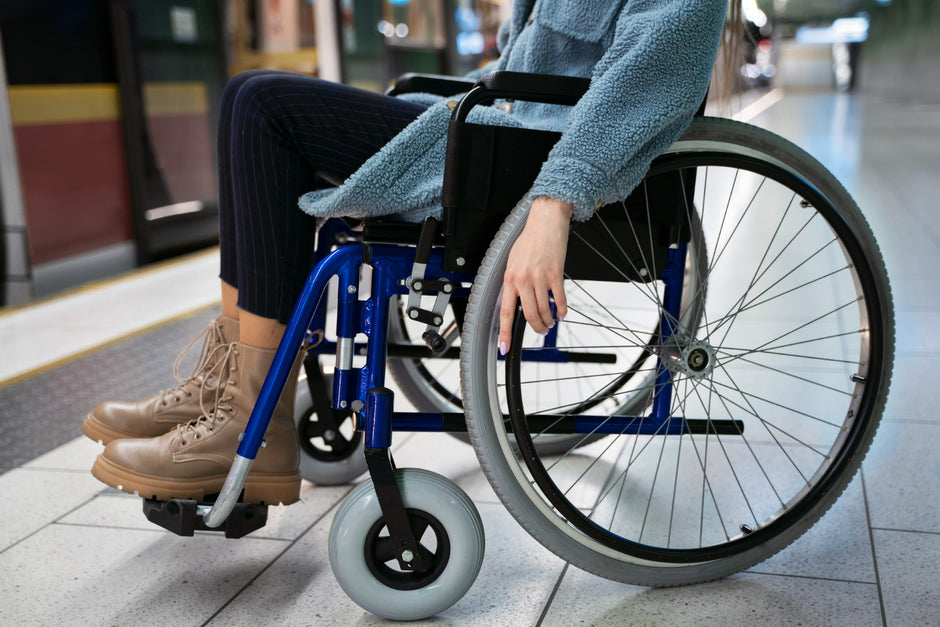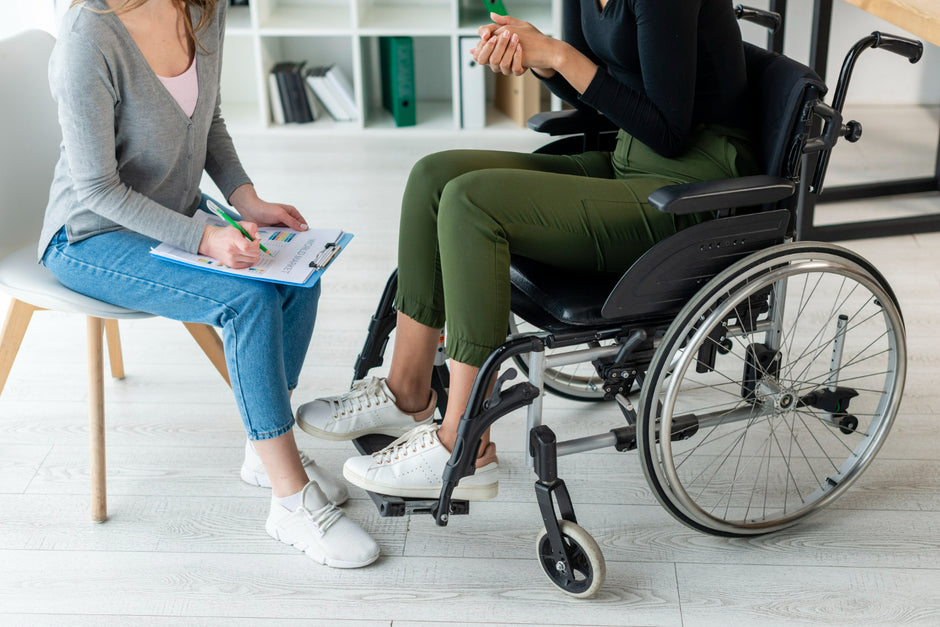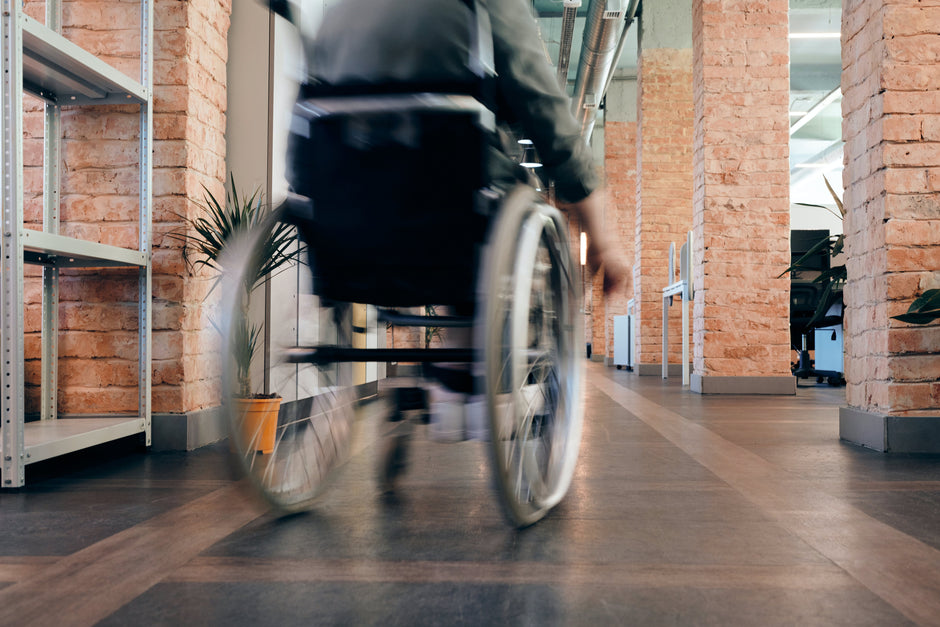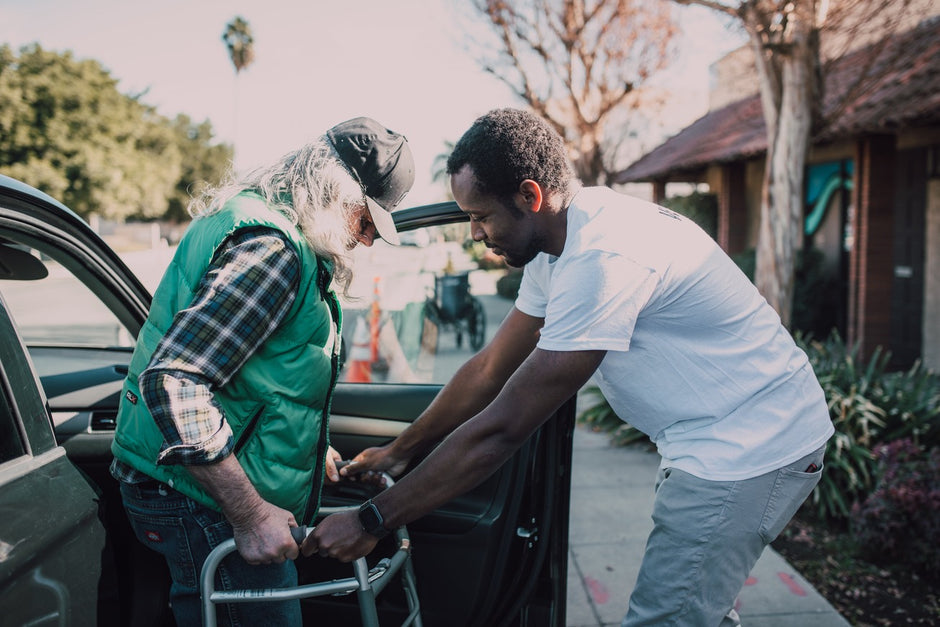With the recent Covid-19 virus spreading globally, respirators and masks are in higher demand than ever before. Over the past couple of years, the number and types of masks on the market have exploded. In addition, the fear and concern over the present-day pandemic have shifted the need for masks from industrial to primary health care.
While purchasing a respirator may seem simple, understanding the differences between respirators and their level of protection is critical. For example, you may wonder about the distinction between P1 and P2-rated respirators. AusMed Health, your experts in PPE technology, have formulated a brief guide to facilitate your understanding of particulate respirator masks.
What is a respirator?
When looking for a face mask, there is a mass of information about mask types and grades. This information can be confusing for the average person. At the same time, there is quite a bit of controversy and debate surrounding the effectiveness of surgical or cloth masks and particulate respirators. Nevertheless, the consensus is that wearing masks is far more beneficial than not, regarding protection from the Covid 19 variants.
It will be helpful to understand what a respirator is and the purpose for which it was designed. A particulate respirator mask is an apparatus worn over the mouth and nose to prevent the inhalation of dust, smoke, or other noxious substances.
A respirator is not the same as a medical mask, although many people mistakenly use the terms interchangeably. A surgical mask captures and confines bacteria from the wearer's mouth and nose, protecting others from the wearer passing on a virus. In contrast, a respirator protects the wearer from inhaling dangerous substances, chemicals, and infectious particles that are airborne.
Australian and New Zealand respirator regulations
You may have also seen PPE or RPE on products and been curious about their meaning and what and why there are gradings for particulate respirators in Australia.
PPE stands for Personal Protective equipment, while RPE is specific to Respiratory Protective Equipment.
In this discussion, respirators come in three gradings, from P1 to P3. These gradings refer to the effectiveness of the protection of each product. They also explain specifics about the types of particles or substances from which they protect the wearer.
To meet regulations, a respirator should protect the wearer from airborne contaminants such as:
- Fumes
- Asbestos
- Hazardous chemicals
- Dust
- Infectious substances
Simply put, P1 respirators offer the lowest protection, while P3 provide the highest. The benefit of P1 and P2 respirators is that they can be half-faced and disposable.
These types of respirators have filters attached that protect the wearer from contaminants and infectious substances. P1 to P3 particulate respirators meet Australian and New Zealand Respirator Regulation/Standard (AS/NZS1716), while surgical or medical masks do not.
The difference between P1 and P2 respiratory masks
Respiratory Protection Equipment is required in many industries, including pharmaceutical, general health care, construction, agriculture and recycling.
There are plenty more. However, in our global climate, we are seeing a high demand for respirators in the medical sphere, in correlation with Covid 19 specifically. Therefore, it only makes sense that you want the highest protection from this infectious virus.
With this in mind, selecting the proper respirator mask for your circumstances is vital to appropriate protection. Regardless of the fit or aesthetic design, if a mask cannot filter out the toxins it was designed for, it is essentially useless.
As previously discussed, respirator masks are divided into different ratings based on the levels of particle protection they offer. This discussion will look very closely at the difference between P1 and P2 respirator masks.
P1 respirator mask
A P1-rated respirator mask does indeed meet the regulations under Australian and New Zealand AS/NZS1716 standards. However, it has the lowest efficiency of filtration available.
It is designed to offer protection against mechanically generated particles. P1 respirators are typically used for work environments with low levels of dust. P1 will not protect the wearer from extremely fine particles but rather from larger particles generated through grinding, cutting, sanding, or drilling.
A P1 mask will also protect the wearer from:
- Liquid and solid aerosols
- 80% of airborne particles
From a medical perspective, a P1 respirator mask will not be as efficient in protecting the wearer from infectious viruses and diseases as a P2 respirator.
P2 respirator mask
P2 respirators also meet AS/NZS1716 standards. In contrast to P1-rated masks, they filter both mechanically and thermally generated particles. As a result, they are more popular than P1 masks as they deliver higher efficiency in filtration at 94% of all airborne particles.
A P2 respirator mask will protect the wearer from small particles generated by mechanical processes like:
- Grinding
- Cutting
- Sanding
- Drilling
- Sawing
A P2 mask will also give wearers the protection they need from sub-micron thermally generated particles such as:
- Welding fumes
- Fertilizer
- Bushfire smoke
In addition to the above, P2 masks are graded for use in virus protection and healthcare sectors. They theoretically protect wearers from biologically active airborne particles under specified infection control applications such as:
- Viruses
- Bacteria
- COVID-19
- SARS
It is essential to understand that wearing your respirator mask correctly is paramount. First, you must ensure that you seal the respirator effectively over the bridge of your nose and mouth.
In other words, check that there are no gaps in the seal between the mask and your face as you inhale. If there are gaps, you will need to adjust the mask or get a more suitable size.
AusMed Health – we care about you
At AusMed Health, we have a personal interest in the health and wellness of every Australian and all our customers. That is why we are so enthusiastic about providing only the best in Australian manufactured medical supplies and P2 respirators.
Our vision is to provide all our customers, regardless of lifestyle, with the health opportunities they deserve.
Please reach out and contact us via email at contact@ausmedhealth.com.au or give us a call on +613 9560 3168 Mobile: 0414 565 840 or 0419 511 731.







